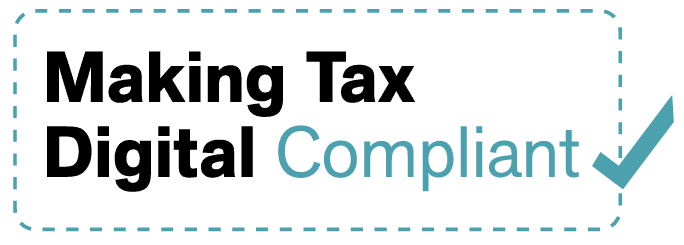Making Tax Digital: Frequently Asked Questions
Updated 22nd August 2024 | 4 min read Published 2nd March 2017

At this year’s IRIS World events, our main topic of focus concerned the Making Tax Digital reforms looming large on the horizon...
Throughout each show, we provided an interactive platform via which attendees could leave questions and comments relating to HMRC’s digital directive. Now that we know much more about what to expect, and how accountants and their clients will be affected, we’ve compiled some of the most pertinent queries below, complete with our answers.
- Will agents have to be approved for MTD and what is the subscription process? The MTD process for agents is still being refined by HMRC. What we know at the moment is that agents will be required to register for Agents Services to allow them to act on behalf of their clients. To register, they will need to request a new, “clean” set of user credentials from the government gateway and carry out a mapping process in order for any existing 64-8 relationships to be carried over.
-
-
- Will completion of a Self Assessment tax return continue for clients not covered by MTD quarterly filing? For example, for high wealth individuals with investment income and capital gains? Yes, that is correct, self assessment returns will continue for those that MTD does not apply to. MTD quarterly submissions only apply to trading and L&P income. HMRC’s timeline shows that this will be expanded to cover VAT reporting and corporations over the next 3 years, but they are yet to consult on MTD for individuals.
- What are the timescales for introducing MTD?
- April 2017 – public beta opens
- April 2018 – all unincorporated businesses with turnover over the VAT threshold (£85k from 2018/19 tax year) including landlords
- April 2019 – expanded to cover VAT reporting and all unincorporated businesses with turnover below the VAT threshold but above £10k
- April 2020 – corporations and partnerships with turnover above £10m
- Will agents have to be approved for MTD? Yes, there will be a subscription process.
- When will HMRC be publishing a list of appropriate bookkeeping software? Will HMRC be recognising each product? This is still being worked out between HMRC and software providers, but HMRC have stated that there will be a recognition process that all software vendors providing an MTD solution will have to go through. You can learn more about our MTD software in the meantime.
- What impact will Brexit have on MTD? There is no indication that MTD will be impacted by Brexit.
- When HMRC say ‘quarterly reporting’, will it be the same quarters for everyone? Or staggered, as with VAT returns, to take some of the burden off accountants? The quarterly periods will be based upon the accounting period of the individual, so they will differ depending on the accounting period.
- Will there be penalties if a sole trader doesn’t file quarterly information or is late sending it in? HMRC has indicated there will be sanctions for late submissions and late payment. The exact details are yet to be confirmed as they published a consultation paper on 20th March outlining 3 possible models for the penalty scheme giving a deadline of 11th June for responses. Within the Finance Bill published on the same day however, it has been stated that the maximum penalty will be £3k.
- Do all clients have to start keeping digital records? Or is it a case of accountants sharpening their own systems so they can comply with MTD for clients? HMRC requires digital records to be kept, although this does not mean digital copies of invoices or receipts. It is up to the individual whether they do this themselves, employ a bookkeeper or ask their agent to take care of this for them.
- How will HMRC’s website cope with the volume of quarterly reporting when it has been known to crash on 31st Jan? HMRC will ensure they have sufficient capacity to cover the likely submission volumes.
- Will the quarterly returns replace the annual Self Assessment return? Yes, for some they will replace the annual Self Assessment return. Trading and L&P income will need to be reported quarterly and there will still be an end of year activity in which all other income is supplied/confirmed. The means of submission to HMRC is what is changing.
- Will I be able to submit quarterly data to HMRC and calculate quarterly tax liabilities through IRIS Personal Tax? Yes, IRIS Personal Tax will include the facility to submit quarterly data. HMRC are yet to publish details on their quarterly tax calculations.
- Should agents be worried about being undermined? No, this is an opportunity to streamline processes and free up agent time for higher fee advisory services.
-
Find out more about HMRC making tax digital, an exclusive resource where accountants like you can find out all about starting your digital journey.
If you have your own burning question to ask about MTD, the hub also contains a simple submission form:
If you enjoyed what you just read, you can share this article on Twitter, Facebook, LinkedIn or elsewhere on the web using the 'share' button at the top right of this article --->
